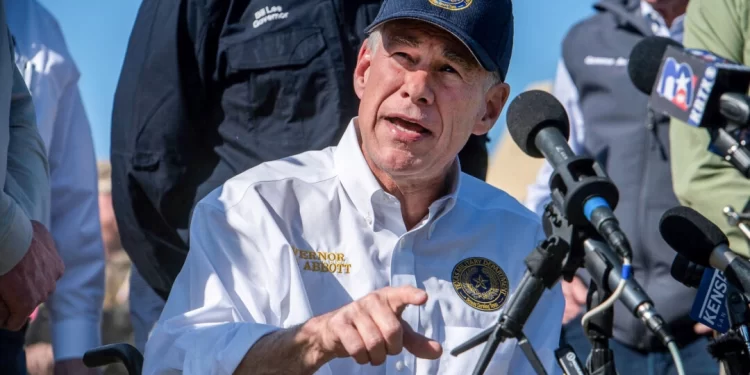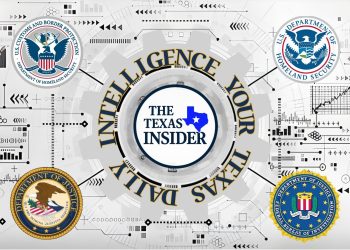AUSTIN – Governor Greg Abbott delivered his State of the State address at the Arnold Oil Company, laying out his legislative priorities and highlighting seven emergency measures. His proposals focus on issues including tax relief, water infrastructure, education, and public safety.
“Clearly, God has blessed Texas and the state of our state has never been better,” Abbott said. “But we know that more must be done to ensure that prosperity reaches every Texas family and every Texas business.”
Addressing Property Taxes
Abbott emphasized the financial burden of high property taxes and urged lawmakers to allocate at least $10 billion from the state’s surplus for tax relief. His plan aims to restrict local tax increases without a supermajority vote and accelerate reductions in school district maintenance and operations (M&O) tax rates. He also proposed raising the business personal property tax exemption to support small businesses.
Investing in Water Infrastructure
Abbott warned of Texas’ dwindling water supply, citing challenges for agricultural producers.
“Agricultural producers in the Rio Grande Valley and out in West Texas, they don’t have water to be able to grow their crops,” he said. “Last session, we invested $1 billion in water projects and infrastructure. This session, we need to ‘Texas-size’ that investment.”
He said a decade-long commitment of $1 billion annually could repair aging pipelines, expand desalination projects, and secure long-term water access to support both agriculture and industry, particularly in drought-affected areas.
Education
Abbott called for comprehensive education reform. “Schools must work for teachers, for parents, not the other way around,” he said. “Schools must respond to parents’ concerns and parents should be empowered to choose the school that’s best for their child.”
He proposed the establishment of an education savings account (ESA) program with universal eligibility for all Texas schoolchildren, allocating $1 billion to fund parental choice.
His proposals involve greater funding for the Teacher Incentive Allotment program and streamlined certification for high-demand teaching roles. He stressed the importance of aligning workforce training with Texas’ evolving job market.
“We’re going to continue to fully fund our schools as well as provide teachers with a pay raise,” Abbott said.
Enhancing Public Safety and Bail Policies
Abbott also proposed eliminating parole for those convicted of child trafficking, denying bail for individuals charged with capital murder or “other heinous violent crimes,” and turning undocumented immigrants deemed flight risks over to U.S. Immigration and Customs Enforcement without the possibility of bail.
“Lawmakers must choose: support the safety of the citizens they represent, or the criminals who kill them,” Abbott said.
He also criticized Texas judges who he believes have “too much discretion” in releasing repeat offenders on bail, leading him to declare bail reform an emergency item.
Strengthening Cybersecurity
Among his emergency priorities, he urged the legislature to establish the Texas Cyber Command, a partnership with the University of Texas at San Antonio, leveraging its cybersecurity expertise to safeguard state resources.
“China, Iran, Russia and other foreign enemies could cripple our power, water and communications with cyberattacks,” he said. “We must use cutting-edge capabilities to secure our state.”
Broader Legislative Agenda
Beyond his emergency priorities, Abbott addressed issues including power grid stability, mental health funding, border security, and election integrity. He also advocated for banning Diversity, Equity, and Inclusion (DEI) programs in public education, claiming they create division.
Looking Ahead
With the legislative session running until June 2, Abbott’s proposals set the stage for extensive policy debates. Key issues such as tax cuts, water resources, education funding, and crime prevention will likely dominate discussions among lawmakers in the coming months.




